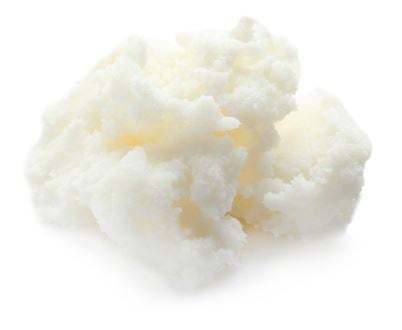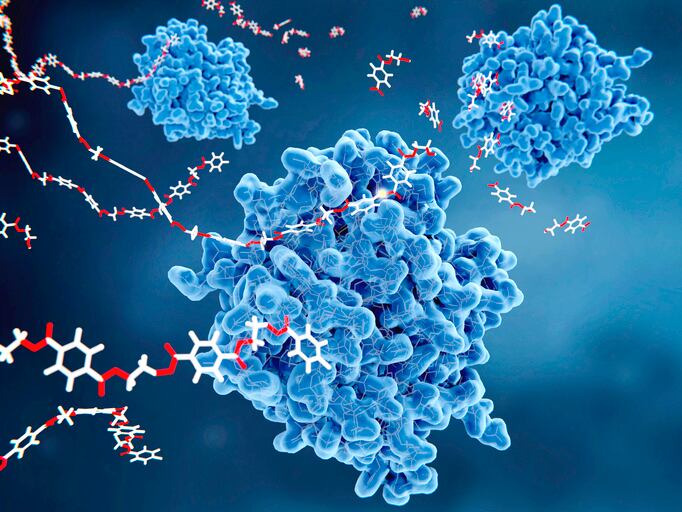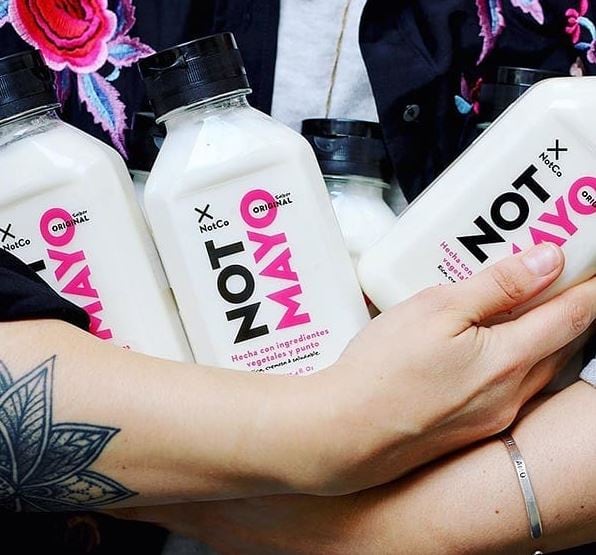“We believe the future of food ingredients will be natural, clean-label, and functional, and we are also convinced that the only way to achieve this is by unlocking the potential of proteins,” CEO and founder Leonardo Alvarez said.
“The next generation of food consumers is looking for natural-sounding ingredients, but companies also require certain performance level [from] those ingredients. This trade-off is usually tough to obtain because most of the natural ingredients don't perform well.”
"Enzymes are proteins that perform a catalytic activity. For example, when lactase breaks down lactose to produce lactose-free dairy, that's a protein working. So even when our final application is in oils or inhibiting mold, the proteins are performing all the work here," he added.
One of ProteraBio's first prototype products changes the melting point of different vegetable oil substrates.

Fats that are solid at room temperature are practical for food manufacturers, which partly explains why partially hydrogenated oils, palm oil and cocoa butter are so popular.
“[We] will allow food companies to replace expensive cacao butter, unsustainable palm oil […] or dangerous trans fats from their products,” he told FoodNavigator-LATAM.
Yet another enzymatic process can turn saturated fats into unsaturated ones. It modifies the molecular structure of triglycerides, transforming saturated stearic acid into unsaturated oleic acid.
This prototype product, Protera Sense, could be used in bakery products, chocolate and confectionery, ice cream and plant-based meat alternatives, the company said.
Another of ProteraBio’s prototype products, CLP-1, allows it to remove preservatives from ingredient lists.
"The most common antimicrobial agent used by companies is called calcium propionate, it's not very consumer friendly but performs relatively well considering the low cost of producing it," said Alvarez. "Companies are struggling to replace this ingredient by a clean-label version with similar efficacy, and that is why we are developing a new generation of proteins that can control microbes such as mold in bakery applications."
“Our CLP-1 solution is a greener, clean-label and more efficient alternative to calcium propionate, and we have seen that our proteins are 100-fold more efficient than other natural options.”
MADI Deep Learning
At the core of ProteraBio’s work is MADI, a proprietary deep learning platform that predicts protein functions, first by predicting their 3D structure and then by inferring their function from the structure.
The start-up describes as MADI as its ‘protein design engine’.

“Proteins are chains of amino acids that are bound together forming long strings, like a pearl collar, and this string folds in particular 3D shapes,” Alvarez said.
“The shape determines its function and how efficient it is at performing it. The problem is that getting to know that structure is challenging and requires expensive facilities to do X-ray crystallography and may take years.
“MADI uses protein data published within the last 40 years by scientist to predict the 3D shape and function incredibly fast and with high accuracy. This capacity allows us to design new functional proteins that can transform food ingredients, changing properties like texture, flavor, and shelf life.
"We can analyze billions of protein combinations per day, a task [that would] take several months using alternative technologies. That speed is critical when you have a complex optimization problem to solve, like protein folding," he added.
'Clear path' to regulatory approval
ProteraBio started out in Santiago, Chile, renting a small lab thanks to a public grant. Two years ago, it relocated to San Francisco in the US to be closer to IndieBio, a large biotech accelerator. (Its R&D facilities are still in Santiago).
The company closed its seed funding round with investors from the US, Italy and South Korea and is in the process of closing another investment round, which will allow it to launch Protera Sense and CLP-1.
In addition to the US, it has set its sights on expanding to Europe where Alvarez said it has “about 40 potential clients for ingredient and co-development”.
The company is still at the lab and pilot stage for its products but Alvarez is confident it has “a clear path” to regulatory approval.
“The nature of the proteins we are working with allows us to notify for FDA GRAS status,” he said.
On the R&D side, ProteraBio's next steps include expanding to other application, such as replacing proteins found in animal products with animal-free alternatives.
"From dairy you can obtain very interesting proteins," Alvarez said. "Glycomacropeptide, for example, is used for infant nutrition and for people with Phenylketonuria. With our technology, we can produce an animal-free version of the glycomacropeptide, with the same characteristics and 3D structure but coming from plants and also increasing the production efficiency with fermentation instead of obtaining it from milk fractions."
Consumer perception
But will consumers consider enzymatically engineered foods to be natural or could public perception be the final barrier?
It could well be the case in the company’s native Chile.
“Unfortunately, the market isn't ready for this kind of venture in our country and companies are more conservative using [such] products,” the CEO said.




